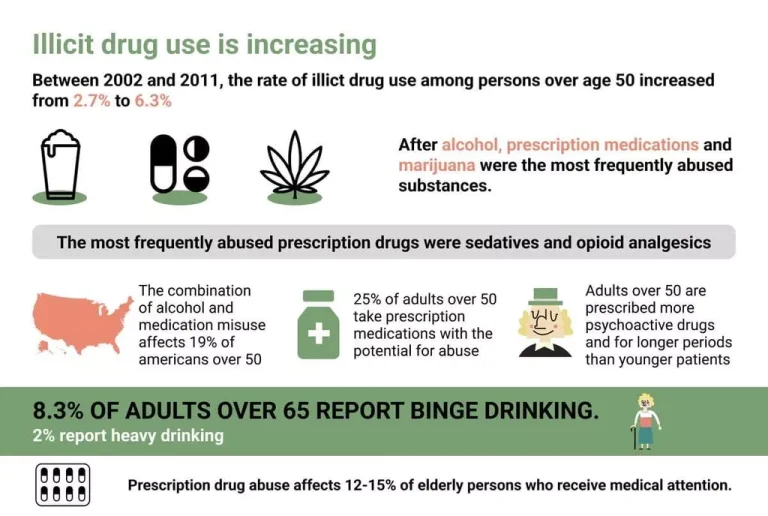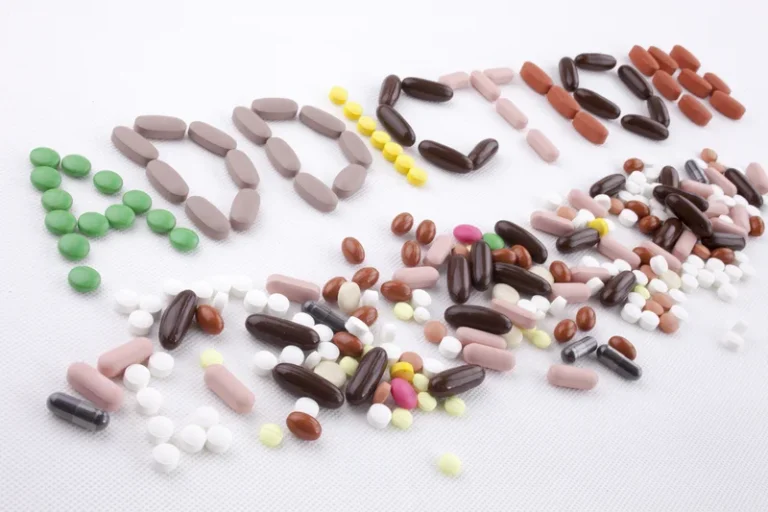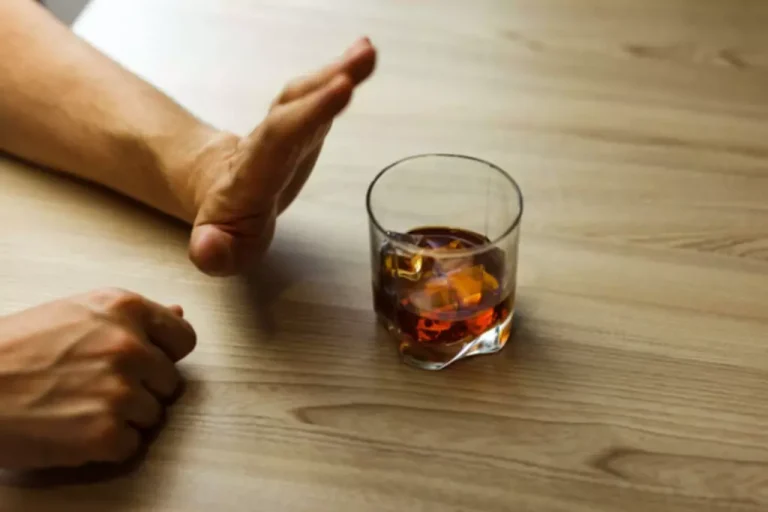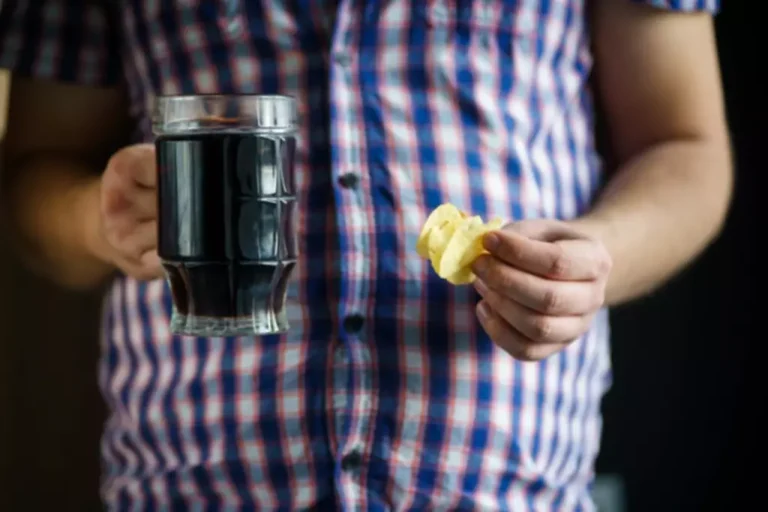
Mindfulness practice has also been shown to help drinkers to change their drinking. Understanding this can be a helpful motivator to make changes. It can also help you plan for situations where you’d usually be drinking. It’s February and many people are starting to put into place their New Year’s resolution how to take a break from drinking to drink less alcohol. The information contained on this website is not intended to be a substitute for, or to be relied upon as, medical advice, diagnosis, or treatment. Always seek the advice of your physician or other qualified health provider with any questions you may have regarding a medical condition.
- If you’re having difficulty sticking to your goal or just want some extra guidance, consider reaching out for professional support.
- From the Prohibition era to today’s popular culture of hard seltzers and celebrity tequilas, drinking has been ingrained in our social activities.
- Crystal Raypole has previously worked as a writer and editor for GoodTherapy.
- In the short term, alcohol is processed through your liver in about an hour.
Tips to start reducing alcohol in your life
Drinking heavily could make it tough for your liver and pancreas to work well—both of which are essential for your metabolism, Dr. Galligan says. So if you were drinking enough to mess with these processes, your metabolism could start to work more efficiently within a few weeks of going sober. Family and friends can provide encouragement and support when you stop drinking. By opening up about your relationship with alcohol, you might also encourage others to explore their own drinking habits.
- When your body breaks down alcohol, it triggers the release of hormones like estrogen and histamine.
- It’s important to remember that labeling yourself is not necessary to take a step back and reconsider alcohol’s role in your life.
- “As a result, the liver has to work harder and longer to recover from the effects of alcohol,” he says.
- The federal government’s Dietary Guidelines for Americans recommends not drinking at all, but suggests that if you do, keep it under two drinks a day for men and one for women.
Other benefits of not drinking alcohol

These include tips for cutting down or quitting, reminder strategies to help you remember why and how you decided to do it, and ways your family and friends can support you. All these strategies can help you stay motivated in your efforts to take a break from alcohol. Rethinking Drinking is also a tool for helping you examine your relationship with alcohol. The same study found that a break from drinking had lingering positive effects on people’s habits around alcohol. More than two-thirds of the participants reduced the amount of times they drank excessively (that is, anything beyond the daily recommended amount of drinks) for six months following their first 30 days alcohol-free. “Some people stop for two weeks, feel better, and go on to the other two weeks—and at the end of that, they say, ‘I didn’t need alcohol in my life—it’s causing more trouble than it’s worth,” Dr. Koob says.

Notice changes in how you feel
To help understand how taking a break from alcohol can influence healthy functioning of the liver, researchers in the Netherlands carried out a separate study to document the biochemical effects of one month of alcohol abstinence. Some who have given up booze altogether join “sober sometimes” https://ecosoberhouse.com/ friends to enjoy nonalcoholic drinks at Sans Bar in Austin, Texas. Unfortunately, sometimes those same people can feel judged by your changing relationship with alcohol, which is why it is important to begin by setting boundaries with the people in your life who still drink.
Another study published last year by researchers in Britain compared the health outcomes among a group of men and women who agreed to stop drinking for one month, with the health of a group that continued to consume alcohol. A 2016 British study of about 850 men and women who volunteered to abstain from alcohol during Dry January found that participants reported a range of benefits. For instance, 82 percent said they felt a sense of achievement. “Better sleep” was cited by 62 percent, and 49 percent said they lost some weight.
Facilitate weight loss
What Happens When You Stop Drinking Alcohol?
